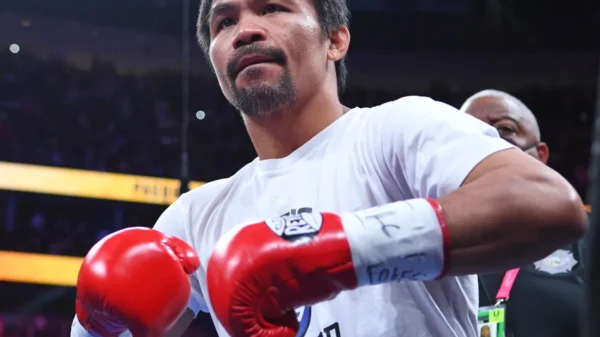Introduction
The gaming community has evolved significantly over the years, witnessing cultural shifts that have transformed it into a more inclusive and diverse space. This article explores the changes that have taken place within the gaming community, highlighting the importance of inclusivity and the positive impact it has had on both gamers and the industry as a whole.
The Rise of Inclusivity
Gone are the days when gaming was seen as a predominantly male-dominated hobby. The gaming community has become more inclusive, welcoming people from all walks of life, regardless of their gender, race, or background.
One of the driving forces behind this cultural shift is the increasing representation of diverse characters in video games. Game developers have recognized the importance of creating relatable and diverse protagonists, allowing players to see themselves reflected in the games they play. This has not only made gaming more inclusive but has also broadened the industry’s appeal, attracting a wider audience.
Furthermore, the rise of online gaming communities and social media platforms has provided spaces for gamers to connect and share their experiences. These platforms have facilitated the formation of supportive communities, where gamers can find like-minded individuals who share their interests and passions. This sense of community has been instrumental in fostering inclusivity within the gaming world.
The Impact of Inclusivity
The shift towards inclusivity within the gaming community has had a profound impact on both gamers and the industry as a whole.
Firstly, inclusivity has created a sense of belonging for individuals who may have previously felt marginalized or excluded. Gamers from diverse backgrounds now have a platform to express themselves and connect with others who share their experiences. This has not only improved the overall gaming experience but has also contributed to a more positive and welcoming community.
Secondly, the increased representation of diverse characters in video games has allowed for more inclusive storytelling. Games now have the power to tackle important social issues and promote empathy and understanding. By exploring different perspectives and experiences, video games have the potential to educate and challenge stereotypes, fostering a more inclusive society.
Lastly, the shift towards inclusivity has had a positive impact on the gaming industry itself. With a broader audience, game developers have recognized the need to create content that appeals to a diverse range of players. This has led to the creation of innovative and unique games that cater to different interests and preferences, further expanding the gaming market.
The Road Ahead
While the gaming community has made significant strides towards inclusivity, there is still work to be done. It is essential for the industry to continue prioritizing diversity and representation in all aspects of game development, from character design to storytelling.
Additionally, fostering a safe and inclusive gaming environment is crucial. Game developers and community moderators should actively address and combat toxic behavior, ensuring that all gamers feel welcome and respected.
By continuing to champion inclusivity, the gaming community can serve as a positive force for change, promoting diversity and acceptance both within and beyond the virtual world.


































